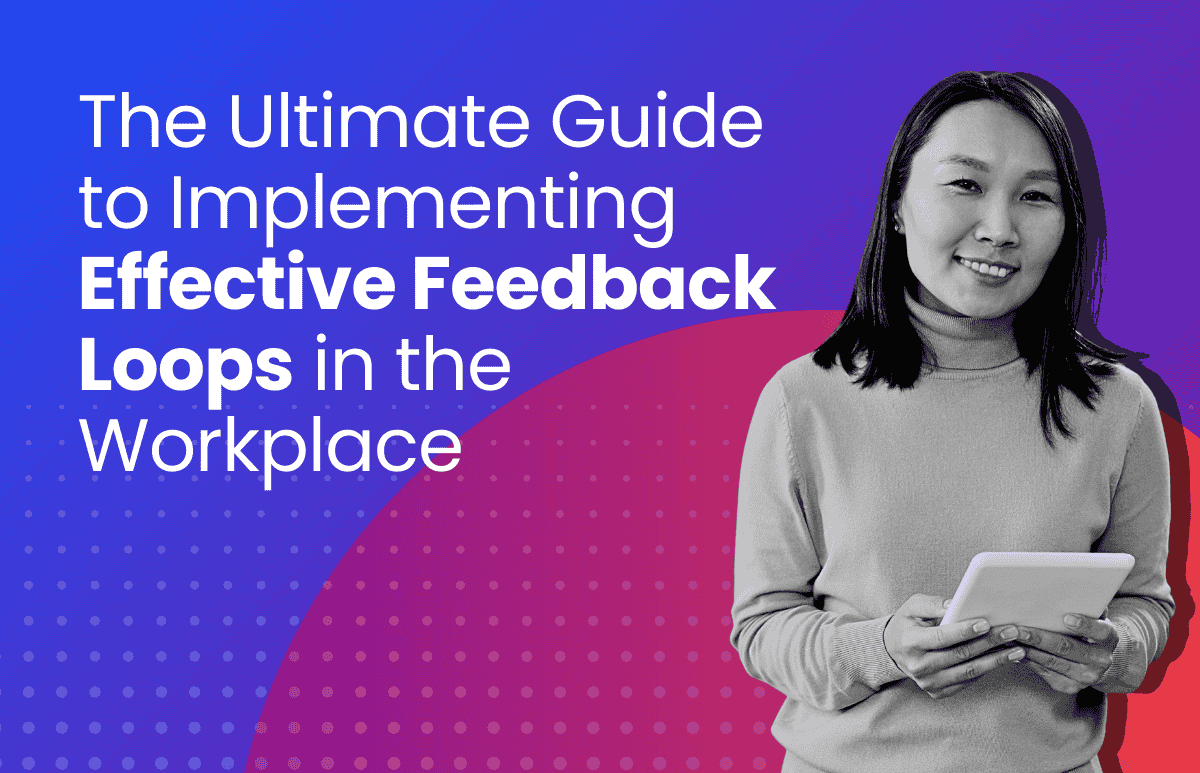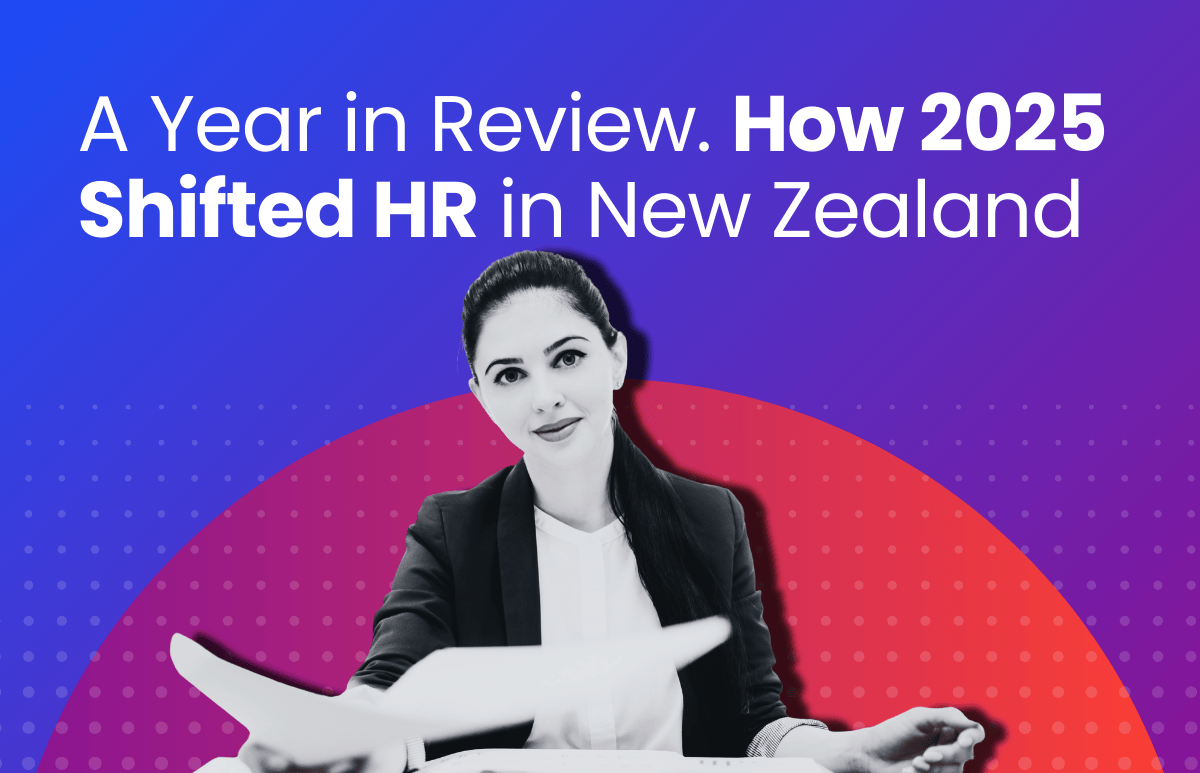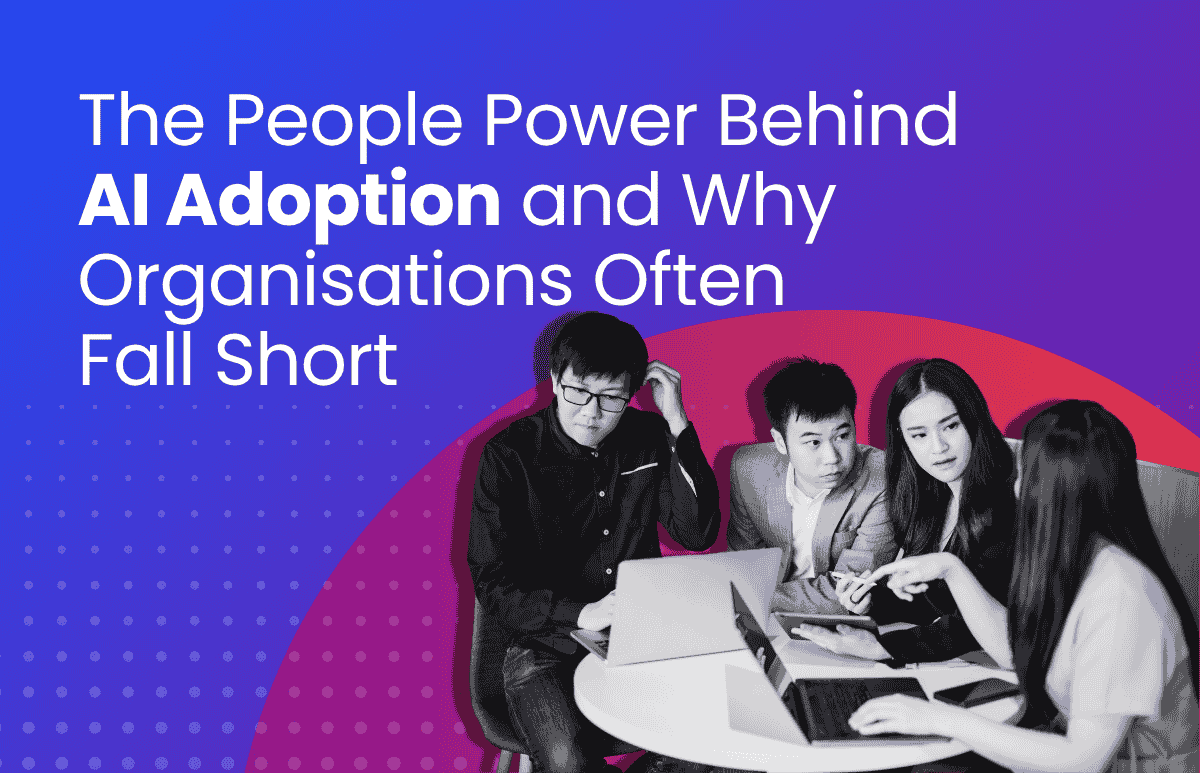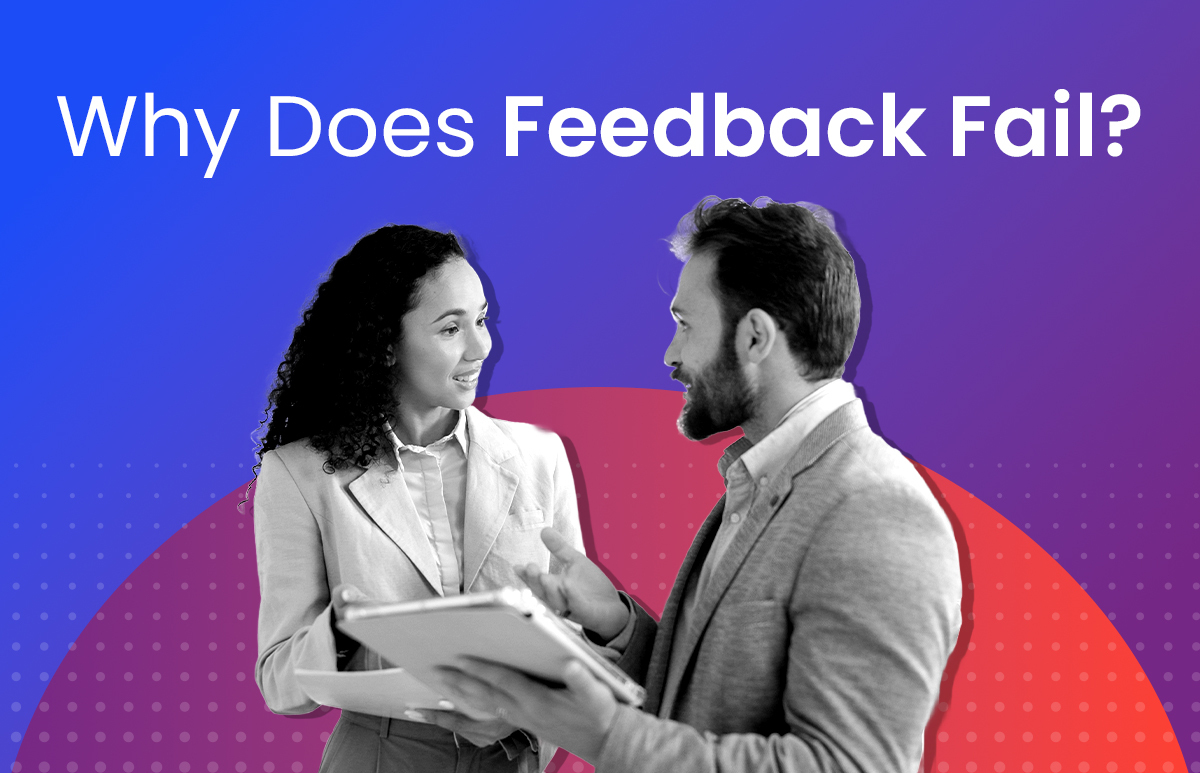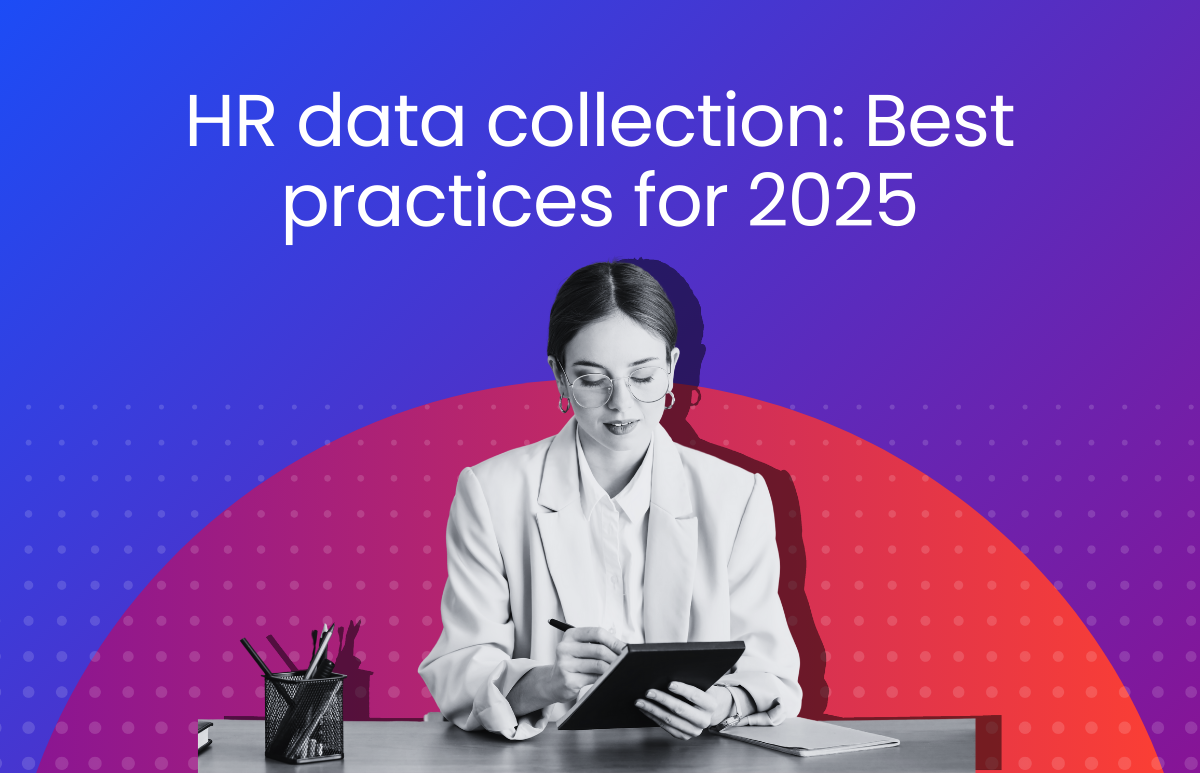3 Ways to Spot ‘Fake’ Talent Management System Integration

If you are shopping around for a talent management system, you have undoubtedly had suppliers tell you ”our system is integrated”.
This is one statement you should not accept at face value. In some cases it is true, but in others, it refers to the myriad of different technologies the company has purchased, and then pieced together to give the illusion of integration.
What is an integrated system?
An integrated system is not a series of separate systems that are later joined together, but rather it is one system, integrated with linkages so that similar processes are seamlessly managed and executed without duplication
The benefits of an integrated talent management solution
- Centralised access to a wealth of data that HR leaders can use for performance metrics including performance on goals, competencies, development needs and more
- The ability to share this data seamlessly across programs and processes to drive learning and development initiatives, pay for performance programs, or succession plans
- Manager and employee participating in the talent management processes; they know what is expected of them within the process itself but also in terms of driving the success of the business
The definition of a truly integrated management system
- An integrated management system (IMS) combines all related components of a business into one system for easier management and operations. Quality, Environmental, and Safety management systems are often combined and managed as an IMS. These systems are not separate systems that are later joined together, rather they are integrated with linkages so that similar processes are seamlessly managed and executed without duplication.
3 ways to spot fake talent management integration
1. Ask in-depth questions
First, you should get answers to important questions. How was their talent management system developed? Was it organically developed over time, or were specific functionalities added later due to company mergers or acquisitions? Are all modules (recruitment, onboarding, performance and learning) hosted and powered on one single platform or are the modules hosted on different technologies that ”talk” to each other?
If any area of functionality was originally a separate piece of software and then connected to the TMS via API’s or other plugins, then the system is not truly integrated.
2. Ask for customer references
If the supplier you are talking to is selling an integrated solution that works as seamlessly as they claim, they will have no hesitation in providing references from existing customers who can speak to their own user experiences. Be wary of any potential supplier who cannot back up their claim of seamless integration with a customer testimonial.
3. Listen for keywords
Don’t be blinded with tech speak and pay close attention to the following words:
You want to hear: Developed organically by our own team, single platform solution and no third parties. These words suggest a truly integrated system.
You don’t want to hear: Purchased a system, acquired/merged with another supplier or connected/unified systems. This suggests a number of systems that have been manipulated to talk to each other and sit on multiple platforms.
ELMO has been delivering a single platform, truly integrated talent management solution to our customers since 2002. Our solution has grown organically, is created by a team of in-house developers, and the evolution of the system is directed by feedback from our customers.
ELMO Software is a cloud-based solution that helps thousands of organisations across Australia, New Zealand and the United Kingdom to effectively manage their people, process and pay. ELMO solutions span the entire employee lifecycle from ‘hire to retire’. They can be used together or stand-alone, and are configurable according to an organisation’s unique processes and workflows. Automate and streamline your operations to reduce costs, increase efficiency and bolster productivity. For further information, contact us.
 HR Core
HR Core 